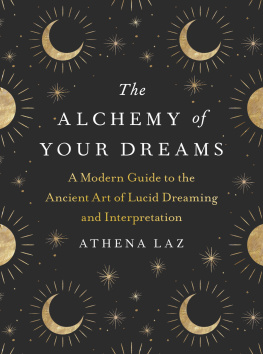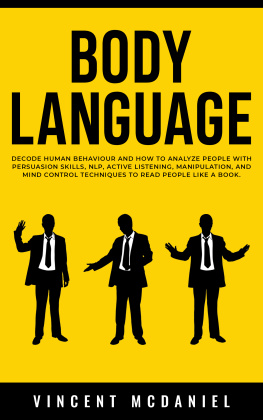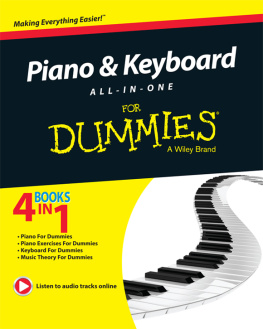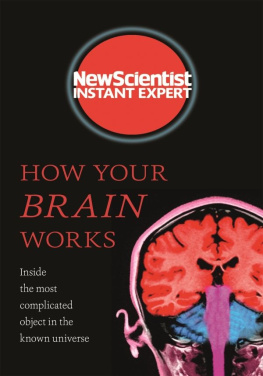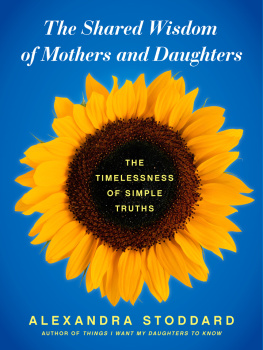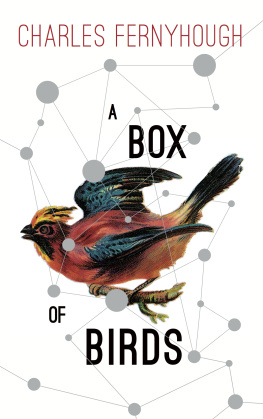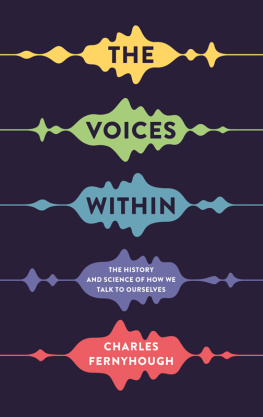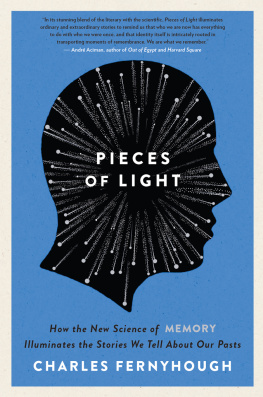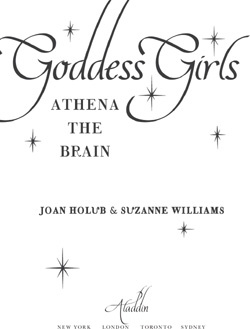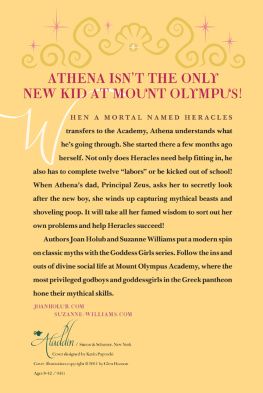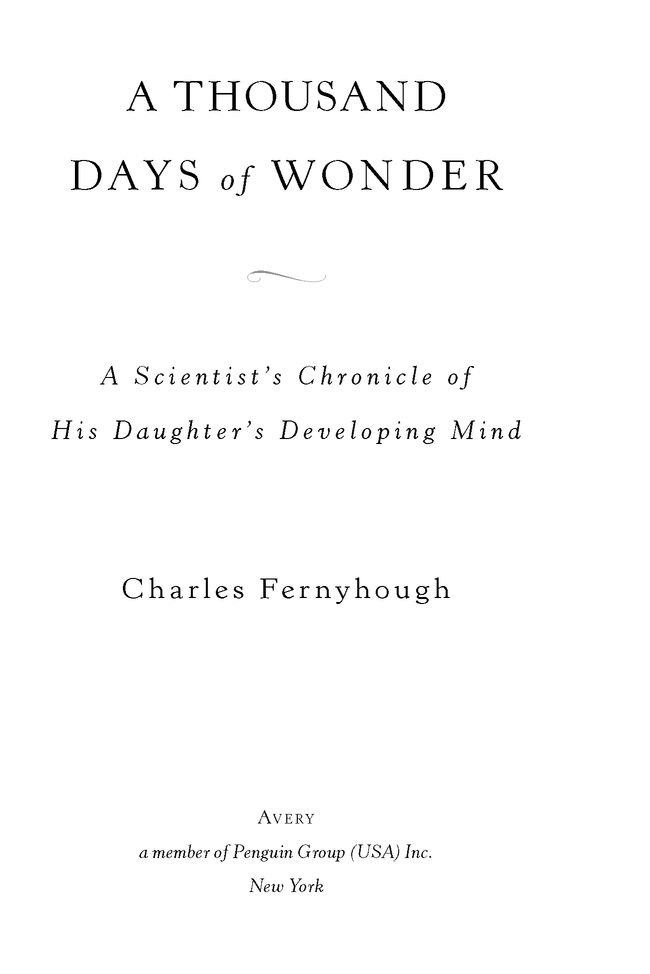Table of Contents
For Squiggle and for Cherry
One
ITS LIKE THIS
Remembering a Beginning
I didnt know where to start, so I asked her.
Athena?
She was feeding me coffee dregs from a teaspoon. It was a cold, bright midmorning in June, and the shoppers had abandoned central Sydney to the part-time dads and a few hurrying office girls. We were sitting in a caf on the first floor of the Queen Victoria Building, feeling the winter draft from the nearby escalator. She was nearly three.
Do you remember being a little baby?
No.
Do you remember anything about being a baby?
No.
She continued scraping the teaspoon around the rim of the empty cup.
More? More? she offered. Shall I feed you?
I leaned forward obediently. She dug deep with the spoon and scraped another bit of metallic-tasting coffee scum into my mouth.
When you were a little tiny baby, what was it like?
I dont know. I dont know yet.
Yet. Was it all about to come back to her?
Can you remember some of the things we used to do?
Oh, you always say that, she sighed.
I sat back, a little surprised by my daughters tone. As I studied her determined, slightly cross-eyed scouring of my coffee cup, I wondered whether I had really asked this question before. I had probably come up with some that were equally impossible, and possibly equally absurd.
Thats because Im interested.
Why?
Because its interesting. Because youre interesting.
She clattered the teaspoon into the saucer. Now you be the clapper and Ill be the pig!
Can you remember?
Clap! You have to clap!
I clapped. Office workers hurried past with plastic-lidded cappuccinos, bemused by the applause from the Old Vienna Coffee House.
Athena, when you were a little tiny baby, what sort of games did we play?
Well, she replied, with somber certainty. I think we used to play chaseys.
What about before you could run around, when you were still a little tiny baby? Can you remember what its like to be a little tiny baby?
She pulled the straw out of her orange juice and trumpeted at me through it, spattering me with its sticky warmth. I felt a faint, familiar despair.
Can you remember who looked after you when you were a little baby?
Mummy.
Who else?
She looked up at me with the straw still bitten between her teeth. Wisps of blond hair curled into the corners of her eyes. Her blue irises were big and clear. My questions seemed to bounce off her. They were just the latest stuff being shot at her, to be dodged or endured. But I needed her answer. Something extraordinary had happened to our yowling newborn of nearly three years ago, and she was the only true witness to it. I had observed her transformation from the outside, documented her emergence into this flitty center of experience with which I could, with a little prompting or bribery, have a tentative conversation. But she was the only one who had lived through it. I had my notebooks, my jottings and theories, but careful observation would only take me so far. I needed my subject to remember it for herself.
Then she smiled. I like to think she smiled.
Daddy, she said.
Looking back, I realize that I was asking a lot of a child so small. If Athena had been like me, or just about anyone else who has ever been asked the question, she would have been able to recall very little detail about the first two or three years of her life. No matter how you choose to quiz people about it, no one seems to have demonstrably accurate memories of their very early childhood. On the face of it, young children arent just a blank slate, a tabula rasatheyre a nonstick surface. The events of life do not cling to them. There has not, Sigmund Freud once observed, been enough astonishment over this fact.
Psychologists have recently begun to make progress in understanding why memories of our earliest lives do not stay with us into childhood and beyond. One thing we know about memory is that different kinds of information are organized in different ways. Information about facts goes into one system, known as semantic memory; information about events that happen to us (our autobiographical knowledge) goes into another. At nearly three, Athena was already skilled at handling certain kinds of facts about the world, such as her date of birth, or the fact that the first train stop after the Harbour Bridge was Wynyard. But her capacity to organize her knowledge of things that had happened to her was only just beginning to develop. She was not yet an autobiographer. Her own life story was not, for her, a proper topic of study.
Perhaps that was because handling information about your own life requires something more than the retention of impersonal, objective bits of knowledge. To say that you possess semantic knowledge of, say, the capital city of a particular country, it is enough simply to know the fact: you dont need to recall the specific instant when that information became known to you. But when it comes to the details of our own lives, that personal, subjective quality is the essence of what we remember. It was not that Athena found it impossible to process facts about her own past. She had prodigious memory for various kinds of autobiographical information, such as promises we had made her in weak moments, or the clothes she had been wearing when she visited a certain place. But she couldnt re-create the visit itself; she couldnt put herself at the center of the recollection. In fact, memory researchers are now suggesting that this special, subjective aspect of memory may not start to develop until halfway through the third year of life. If this is true, then it would explain why our earliest years are a blank for most of us. In infancy, we are absent from our memories. We can live, but we cannot yet relive.
What are you writing? she asked.
I looked up from the crowded pages of my notebook. Id been unaware that, once again, my observations of the thing had distracted me from the thing itself.
Im writing down what you say. Ive been writing down all these notes since you were a baby.
Why? she said, looking faintly shocked.
Because thats what Daddy does. He tries to understand how little children think. Thats his job.
She laughed at that. Daddies stared at blank pieces of paper all day and then went for long walks, talking to themselves. That surely couldnt bring you to an understanding of anything.
You know what? she said, obligingly. When I were a little baby, it were very sunny.
I nodded, trying to coax the thought into the open. I suspected that this summery recollection had something to do with the previous years family holiday, but it may only have been the afterglow of the home movies we had recently been watching. Athenas grip on the memory was unsure, and I could understand why. If she had only begun to center herself in her memories at two and a half, then fivesixths of her life was forgotten. How did it feel, to have so much of your past immediately lost to you? Was life still a blooming, buzzing confusion, a movie in which she had only just begun to star? What was it


